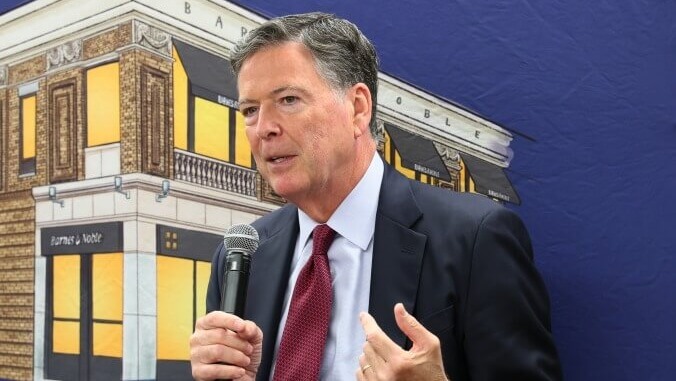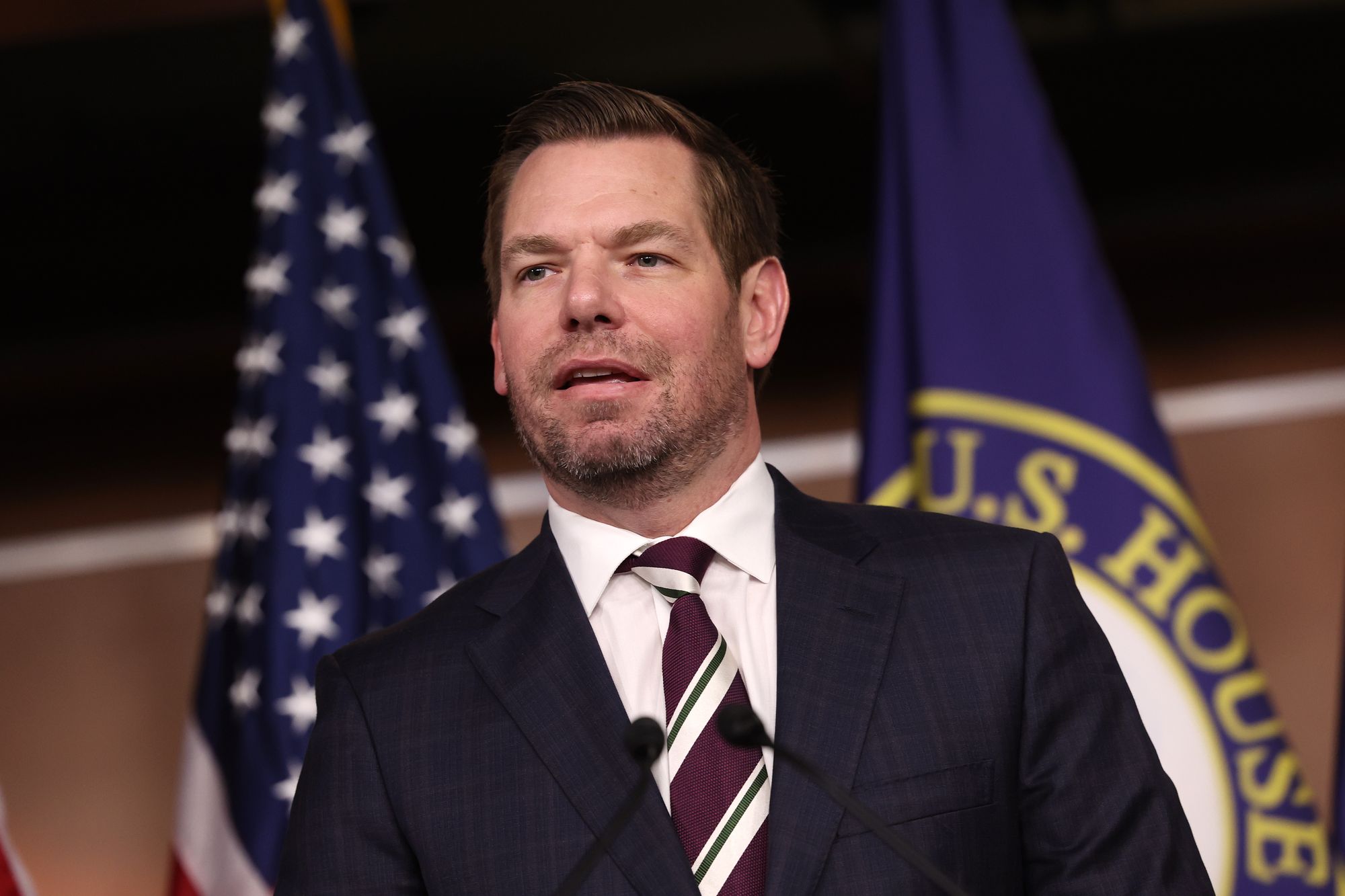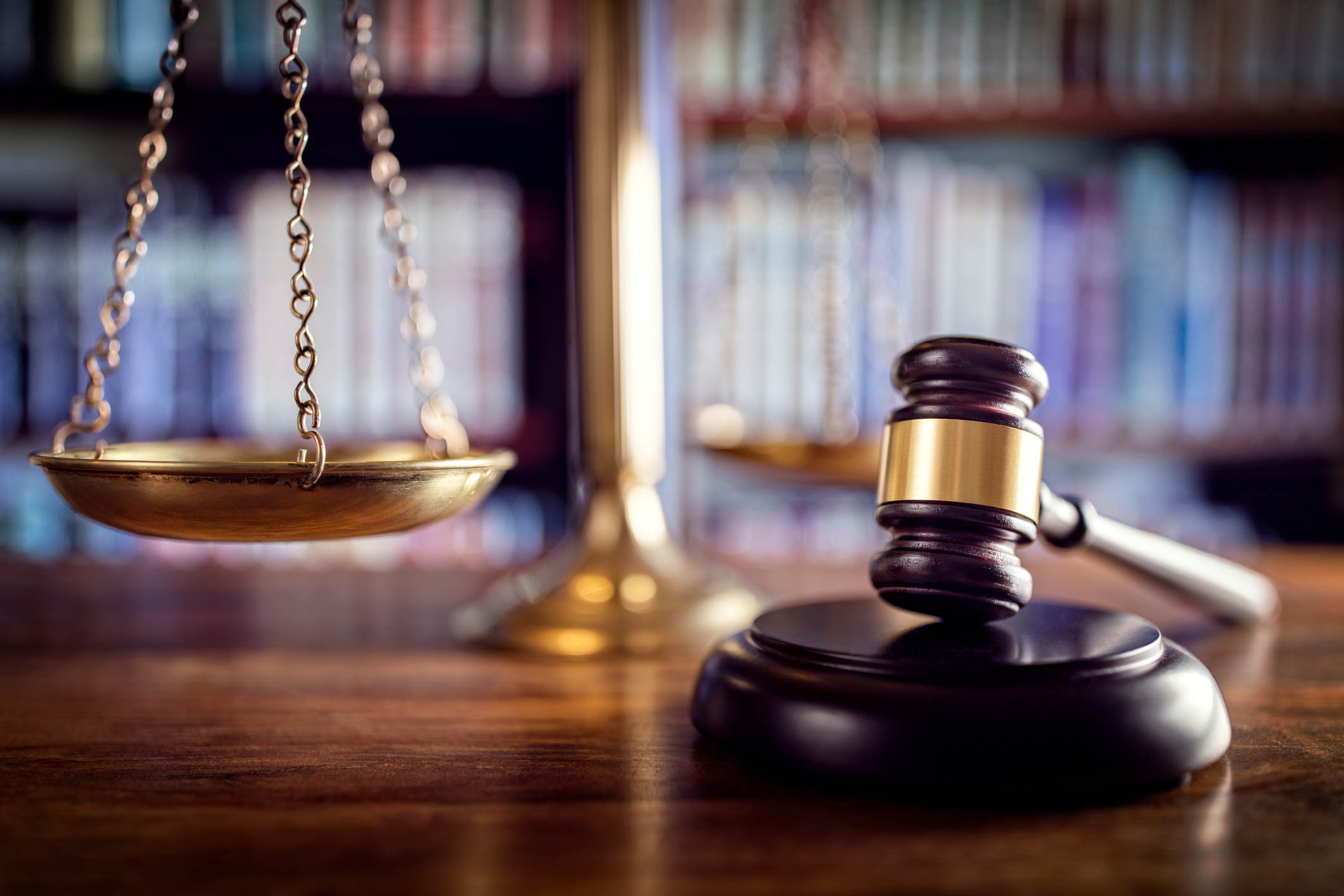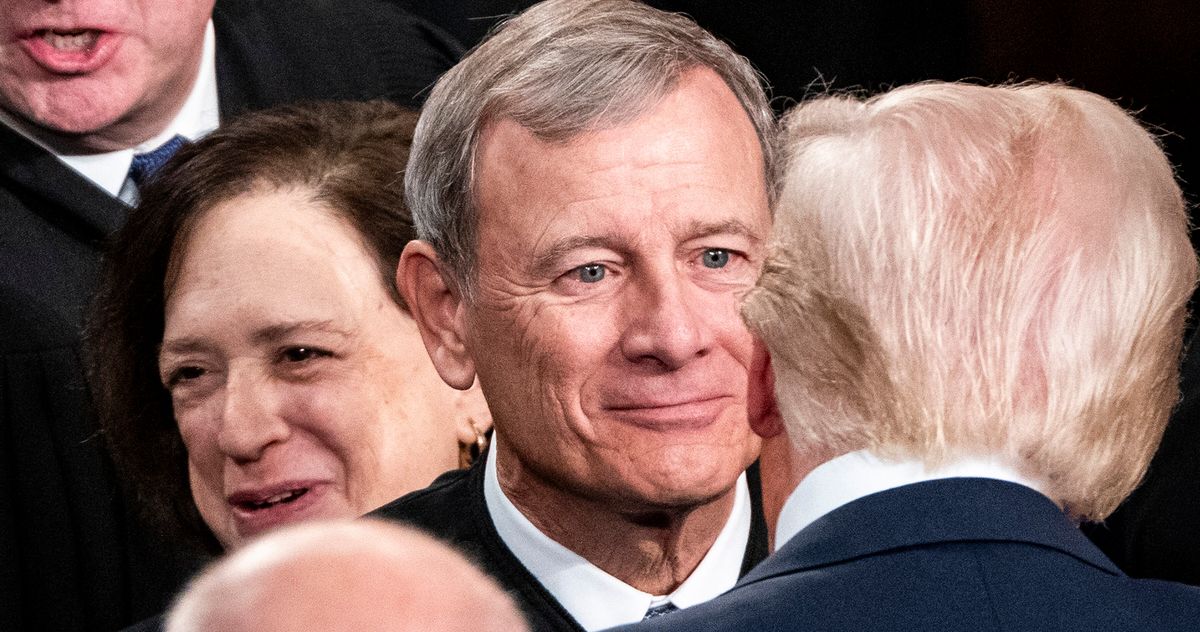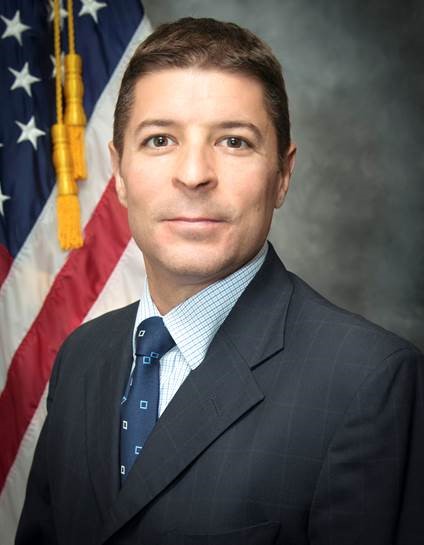#political-prosecutions
#political-prosecutions
[ follow ]
#justice-department #james-comey #mortgage-fraud #pam-bondi #trump-administration #lindsey-halligan #trump
US politics
fromwww.mediaite.com
4 days agoEx-Trump WH Lawyer Torpedoes Cabinet Members One By One on MS: All of Those People Should be Impeached'
Pam Bondi's alleged politically motivated, fraudulent indictments could be impeachable, multiple cases provide evidence, and separate allegations claim the president accepted a $500 million bribe.
World news
fromwww.aljazeera.com
2 months agoPolitician Ayachi Hammami latest arrest in Tunisia opposition crackdown
Tunisian authorities arrested opposition figures and enforced long prison sentences after convictions alleging conspiracy against state security, while opponents say charges are fabricated to silence dissent.
fromIntelligencer
2 months agoTurns Out Prosecuting People Purely out of Rage Isn't a Good Legal Strategy
Because they lack a legitimate official purpose, these kinds of prosecutions tend to be riddled with errors and irregularities, such as the resignation of upstanding government officials who refuse to bring trumped-up charges, the refusal of career attorneys to sign their names to otherwise routine charging documents, and the search for lackeys who may be willing to bring the charges before a grand jury anyway.
US politics
fromThe Atlantic
2 months agoWhy the Comey Prosecution Is Falling Apart
President Donald Trump may be stretching executive power to its outermost bounds, but in one very significant area he is simply not getting his way: criminal prosecutions. In many cases-such as those of former FBI Director James Comey and New York Attorney General Letitia James, charges against whom were thrown out by a federal judge in Virginia today-the basic, ground-level machinery of the criminal-justice system has thwarted the administration.
US politics
US politics
fromABC7 Los Angeles
2 months agoLIVE: Judge dismisses Comey, James indictments after finding that prosecutor was illegally appointed
A federal judge dismissed criminal cases against James Comey and Letitia James, finding the prosecutor who filed them was illegally appointed by the Justice Department.
fromwww.npr.org
4 months agoTargets of Trump's Justice Department must pay up, even if they win
Lisa Wayne has tried 150 cases before juries in the course of her decades-long career. Wayne, now executive director of the National Association of Criminal Defense Lawyers, said there's "no golden rule" when it comes to how expensive the legal bills might be. The cost depends on what charges a person faces, where they live, how experienced their lawyer is and whether that person needs to hire experts in advance of trial, she said.
Law
US politics
fromIrish Independent
4 months agoEx-FBI chief James Comey pleads not guilty to criminal charges brought after pressure from Trump
James Comey has been indicted on false statements and obstruction charges amid allegations of politically motivated prosecutions by Trump's Department of Justice.
US politics
fromwww.mediaite.com
4 months agoPam Bondi Claims Weaponization Has Ended' As She Lists Trump Opponents She Will Crush In Same Breath
Weaponization has ended and investigations and prosecutions will target individuals identified as opponents of Donald Trump to end a perceived two-tier justice system.
fromAxios
4 months ago"The first domino": Comey indictment sets MAGA retribution in motion
Trump declared the trio "guilty as hell," and linked the need to serve swift "justice" to the roles they played in the congressional investigations, criminal probes and civil lawsuits that have dogged his political career. He took credit for firing the U.S. attorney who declined to bring charges against James and Comey - then installed personal attorney Lindsey Halligan, who has no prosecutorial experience, to finish the job.
US politics
US politics
fromFortune
4 months agoTrump ramps up retribution campaign with push for attorney general to speed up pursuit of 'justice' against his foes | Fortune
President Trump publicly urged Attorney General Pam Bondi to investigate political opponents, escalating efforts to target critics and consolidate power in his second term.
fromSlate Magazine
5 months agoD.C. Residents Have Found a Subversive New Way to Fight Trump's Takeover
Federal grand juries return indictments in the overwhelming majority of cases, about 99.9 percent, according to the best estimates. The prosecution controls every aspect of the proceedings, while the defendant has no opportunity to object or present their case; there's a reason lawyers joke that a grand jury would indict a ham sandwich. It is historic, and quite possibly unprecedented, for federal prosecutors to face so many rebukes in such a short span of time.
US politics
[ Load more ]


